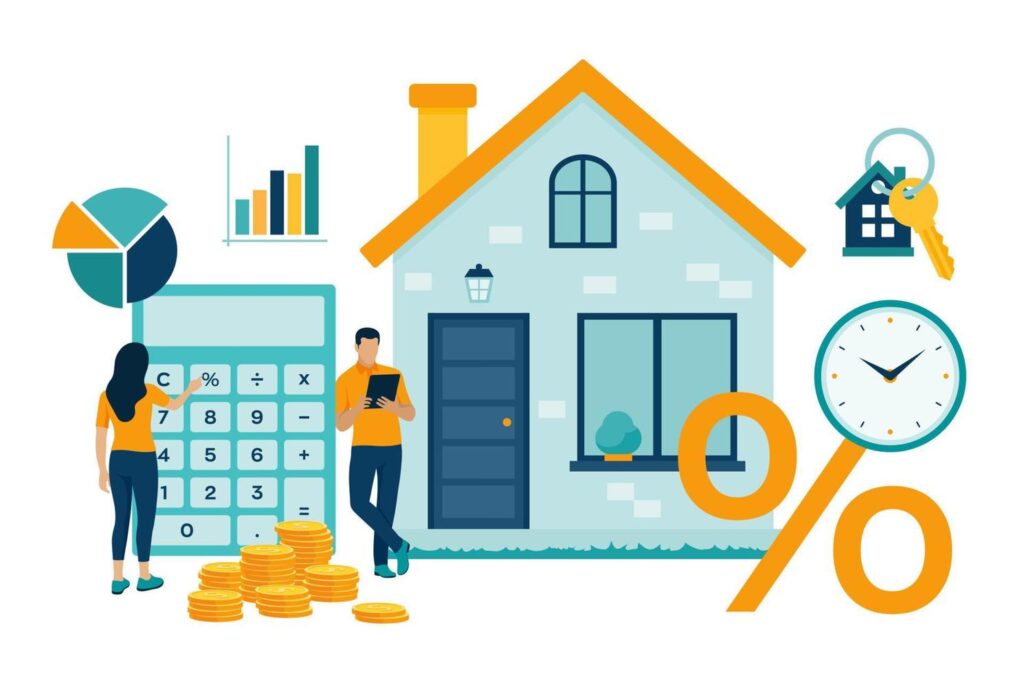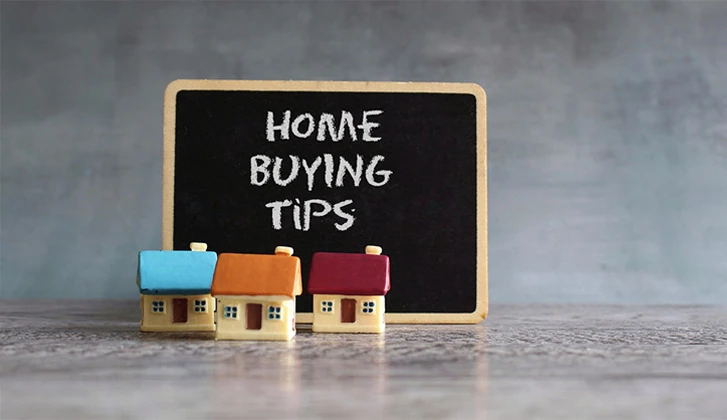
Buying a home can be an exciting yet daunting process, especially in today’s market. The thrill of searching for the perfect place often gets mixed with the stress of figuring out financing and dealing with all the paperwork. It’s certainly more complex than your typical purchase, demanding thoughtful planning and thorough research. Understanding the local market and trends is key, as it helps make informed decisions that fit your needs and budget. Ultimately, this journey is about more than just finding a roof over your head; it’s a significant financial investment that can shape your future. The right home can provide stability and comfort, making the effort worth it in the end.
Utah Housing Market

Navigating the Utah housing market adds another layer of complexity to the home buying process, especially in recent years. The state has experienced rapid population growth, driven by its vibrant economy and outdoor lifestyle, which has led to increased demand for housing. As a result, home prices have increased, making it necessary for buyers to stay informed about local trends and fluctuations. Understanding key factors such as average days on the market and neighborhood developments can greatly influence decision-making. Buyers should be prepared for a competitive environment, often facing multiple offers and bidding wars, which can complicate the buying experience. Engaging with a knowledgeable real estate agent familiar with the details of the Utah market can provide invaluable insights and help navigate the challenges of securing a home in this thriving area.
Homeownership

Homeownership is a significant milestone that brings both financial stability and personal satisfaction. For many, the journey begins with careful planning and understanding the various aspects of buying a home. First-time homeowners and buyers often face challenges, but with proper guidance and access to homebuyer resources, the process becomes more manageable. Whether you’re considering your first home loan or exploring homeowners insurance options, being informed is crucial. Navigating the complexities of buying and selling homes requires attention to detail, and with the right homebuyer guide, you can make confident decisions that set you up for long-term success as a proud homeowner.
Buying Options

When considering buying a home in Utah, there are several important financing and mortgage options to keep in mind. Homeownership is a significant investment, and understanding the various home loan options is crucial for potential buyers. First-time homebuyers, in particular, can benefit from resources like a comprehensive guide and tips outlining the process. There are different types of home loans available, including conventional mortgages, FHA loans, and VA loans each with varying requirements for credit scores and down payments. Additionally, homeowners insurance is a necessary part of securing a home loan. Buyers in Utah should explore local programs that offer assistance, such as Utah’s First-Time Homebuyer programs, which can help with down payment costs. By being well-informed about these options, prospective homeowners can make more confident decisions during the home-buying process.
Tips for Homebuyers

When embarking on the journey of buying a home, it’s essential to have a solid understanding of the process. One of the best home buyer tips is to start by determining your budget and getting pre-approved for a home loan. This will give you a clear idea of what you can afford and make the buying process smoother. It’s also wise to explore homebuyer resources, such as local workshops or online tools, that provide valuable insights into homeownership. Be sure to consider the costs beyond the house itself, such as closing fees and homeowners insurance, which are often overlooked. Additionally, if you’re buying and selling at the same time, make sure to coordinate the timing of both transactions to avoid any financial overlap. Following a structured home-buying plan will help ease the stress of buying a home and ensure you’re well-prepared for this major investment.
Summary
Especially in the current market, purchasing a home is an exciting but complex process that demands careful planning and research. Utah’s strong housing demand and quick population growth have created a competitive market where prices are still rising for potential buyers. Making informed decisions requires having a thorough understanding of local market trends, including average home prices, days on the market, and neighborhood developments. Your home-buying experience can be substantially improved by interacting with experienced real estate agents and making use of current homebuyer resources.
Being a homeowner offers both long-term stability and personal fulfillment, making it a significant financial milestone. First-time buyers, should explore various home loan options, such as conventional mortgages, FHA loans, or VA loans, and consider local programs like Utah’s First-Time Homebuyer assistance, which can help with down payment costs. Buyers must budget for extra expenses in addition to the cost of the home, such as closing costs, property taxes, and homeowners insurance.
Understanding every step of the process, from creating a budget and obtaining loan preapproval to completing the purchase, will help you overcome obstacles and make sound decisions. Explore our comprehensive Homebuyer Guide for more in-depth information on everything from financing options to homeownership advice. For information on the local real estate market, you can also check out Utahrealestate.com, or MortgageRateUtah for a comprehensive analysis of mortgage options and current rates. These resources will assist in making sure you’re ready to secure your financial future and locate the ideal home.
